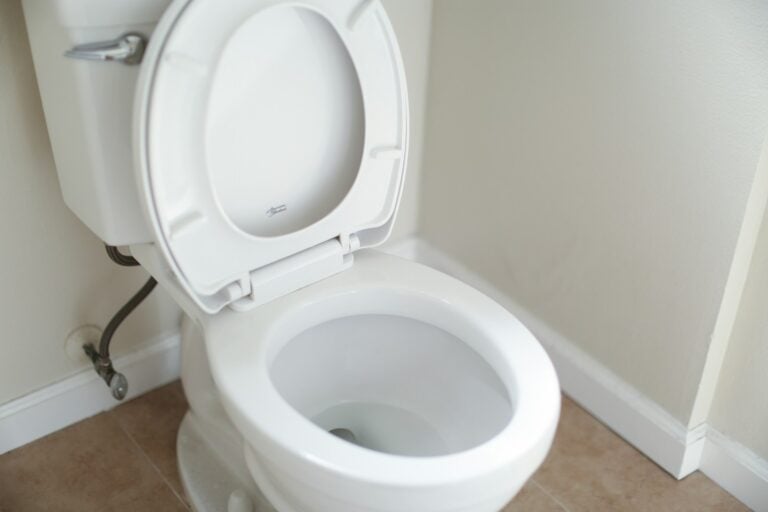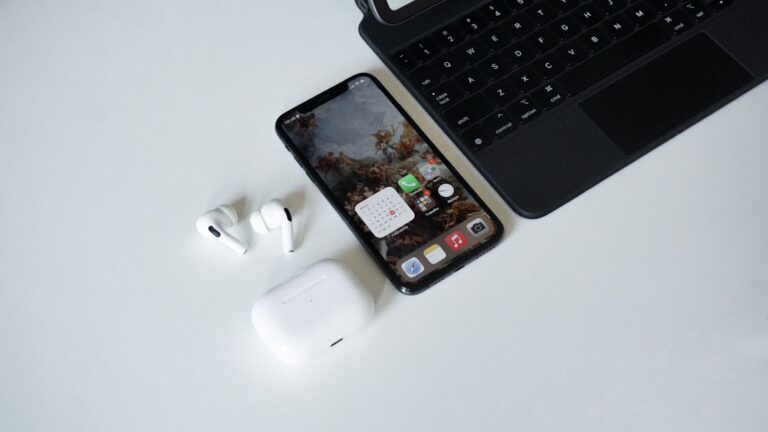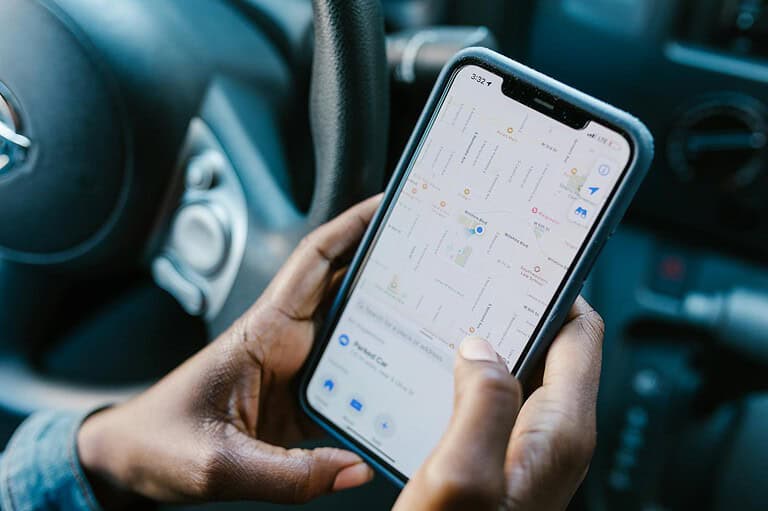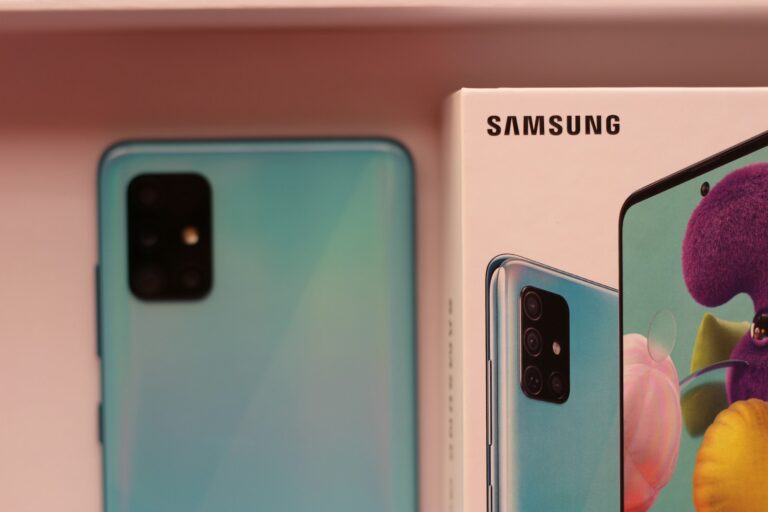
Apple has reached a preliminary agreement to pay $95 million to settle a class-action lawsuit over allegations that its Siri voice assistant recorded private conversations without users’ consent. The lawsuit, Lopez v. Apple, claimed Siri recorded conversations without activation and shared these recordings with third-party advertisers.
The settlement, pending court approval, could compensate eligible U.S. users who owned devices with “Hey Siri” functionality from September 17, 2014, to December 31, 2024, with potential payouts of around $20 per device. While Apple denies wrongdoing, the case raises significant privacy concerns regarding voice assistants and data collection.
Understanding the Siri Privacy Settlement
The Lawsuit’s Core Claims
A class-action lawsuit, Lopez v. Apple, Inc., was filed against Apple in 2019. The lawsuit claimed that Apple’s Siri voice assistant recorded users’ conversations without their consent. The suit alleged this occurred even when users did not say the “Hey Siri” wake phrase. The lawsuit also claimed that Apple shared these recordings with outside advertising companies. These allegations raised serious concerns about user privacy.
The $95 Million Settlement Details
To resolve this legal matter, Apple agreed to a preliminary settlement of $95 million. This agreement still needs final approval from a U.S. District Judge. If approved, the settlement will provide compensation to eligible Apple users.
Who Qualifies for the Settlement?
You may be part of this settlement if you meet these criteria:
- You live in the United States.
- You owned an Apple device with “Hey Siri” capability.
- You owned the device between September 17, 2014, and December 31, 2024.
How Much Could You Receive?
Estimates suggest that each eligible person could get around $20 per device. The settlement limits claims to a maximum of five devices per person. The final amount could change based on the number of people who submit claims. If more people file claims, the individual payouts may be lower.
Apple’s Response to the Allegations
While Apple has agreed to settle the lawsuit, the company has not admitted to any wrongdoing. Settling allows them to avoid a lengthy and costly legal battle. This type of settlement is common in class-action suits.
Key Takeaways from the Siri Lawsuit
This case highlights important issues about data privacy with voice assistants. It raises questions about when and how these devices record audio. It also brings up the issue of sharing user data with other companies. This lawsuit is part of a broader discussion about how technology companies handle user data. Other voice assistants, like Amazon’s Alexa and Google Assistant, have also faced similar privacy concerns.
Protecting Your Privacy with Voice Assistants
While this settlement addresses past concerns, it’s essential to take steps to protect your privacy when using voice assistants:
- Review your device’s privacy settings: Check the settings for your voice assistant. You can often control data collection and usage.
- Regularly delete voice recordings: Most voice assistants let you review and delete your voice history.
- Be mindful of what you say around your devices: Remember that your device could be listening. Avoid sensitive conversations near voice assistants.
- Keep your devices updated: Software updates often include security and privacy enhancements.
Comparing Voice Assistant Privacy Policies
Each voice assistant has its own privacy policy. Here is a brief comparison:
| Voice Assistant | Data Collection | Data Usage |
|---|---|---|
| Siri | Collects voice recordings after “Hey Siri” is detected. | Uses data to improve Siri’s responses and personalize user experience. |
| Alexa | Collects voice recordings after the wake word “Alexa” is detected. | Uses data to provide services and personalize user experience. |
| Google Assistant | Collects voice recordings after “Hey Google” or “OK Google” is detected. | Uses data to provide services, improve voice recognition, and personalize user experience. |
It’s important to read the privacy policies for each voice assistant you use. This will help you understand how your data is collected and used.
Beyond the specific details of the Siri settlement, the broader topic of data privacy in the age of smart devices is crucial. As more devices become connected and collect data, users need to be aware of the potential risks. This includes not just voice assistants but also smart home devices, wearable technology, and even connected cars. Taking proactive steps to manage privacy settings, understand data collection practices, and stay informed about data protection laws is essential for responsible technology use.
Short Summary:
- Apple to pay $95 million in a settlement over claims of eavesdropping by Siri.
- Eligible users can claim up to $20 per Siri-enabled device, with a maximum of five devices per person.
- The settlement follows allegations that Siri recorded private conversations and shared them with third parties.
This multi-million dollar payout is rooted in a class action lawsuit that began in 2019, initially sparked by a report in The Guardian which exposed how Apple contractors sometimes listened to recordings of personal conversations to enhance Siri’s functionalities. The data was allegedly harvested from incidentally activated Siri instances where users had not invoked the assistant intentionally but rather through unintentional triggers—for instance, the sound of a zipper could activate the device, leading to recordings of private discussions.
According to documents filed in Oakland, California federal court, the lawsuit contends that Apple misused the sensitive information gleaned from these unintended recordings, raising serious concerns about user privacy and trust. Despite the extensive settlement, Apple firmly maintains that it has not committed any misconduct.
“We continue to deny any and all alleged wrongdoing and liability, specifically denying each of the Plaintiffs’ contentions and claims,” Apple stated in its response to the lawsuit.
The legal challenge alleged that the Siri voice assistant could be triggered inadvertently, recording conversations thought to be confidential. Instances were cited where users noticed targeted ads for products, such as medical treatments or shoes, that they had only mentioned in private conversations, leading to speculation about how these private discussions could have influenced marketing strategies.
Background of the Lawsuit
The origins of the lawsuit trace back to The Guardian’s investigative report in July 2019, which revealed alarming practices at Apple. Sources disclosed that contractors, engaged to evaluate audio clips that Siri had recorded, would sometimes listen to sensitive information, including personal health discussions between patients and their doctors.
The claims were buoyed by a whistleblower’s revelations, stating that Siri’s functionality may not be as straightforward as the company had initially claimed, raising critical questions about privacy standards. An alarming example highlighted how sounds unrelated to voice activation could still result in recordings and potential breaches of privacy.
Settlement Details
Under the proposed settlement, which awaits judicial approval, individuals who owned devices capable of using Siri from September 17, 2014, until December 31, 2024, could qualify for compensation. Claims can be made for each device, allowing a maximum payout of up to $100 per individual, as long as they own five devices or fewer.
- Eligible devices include iPhones, iPads, and Apple Watches.
- Users must confirm that they have experienced Siri activating unintentionally and recording private conversations.
- The claim process is expected to be straightforward, with a dedicated website for submissions set to launch soon.
“The total payout for claimants will depend on the number of claims submitted and the associated legal fees,” explained one of the attorneys on the case.
Legal experts estimate that only a small percentage—around 3% to 5%—of eligible consumers might actually file claims. If this estimation holds true, the total payout could be less than what Apple has initially agreed to, depending on the overall distribution of claims and applicable deductions for legal expenses.
Legal and Financial Implications
Apple has consistently positioned itself as a guardian of privacy, and the allegations raised in this lawsuit strike at the core of its branding. The legal ramifications could have been severe, potentially resulting in liabilities amounting to $1.5 billion, according to court filings. However, by agreeing to a settlement, the company avoids the strain of prolonged litigation and the risk of negative publicity.
This settlement is particularly striking given that Apple, as of 2023, has amassed over $700 billion in profit since 2014, with a current market valuation near $3.7 trillion. Thus, while the settlement may seem significant in number, it represents a minor percentage of Apple’s overall revenue.
Next Steps for Consumers
For users wondering how to navigate this situation, vigilance around privacy settings is essential. Here’s a simple guide on how to disable Siri if users have concerns regarding unintended recordings:
- Open Settings on your iPhone or iPad.
- Scroll down to Siri & Search.
- Toggle off “Listen for ‘Hey Siri’” and disable “Press Side Button for Siri.”
- Confirm by tapping “Turn Off Siri” when prompted.
Apple has made changes in the past, ensuring that any data shared for analytical purposes requires user consent, a shift instituted post-2019. Users concerned about privacy can take additional steps to limit Siri’s access to their devices’ microphones and other personal data.
“Privacy is a fundamental human right,” Apple CEO Tim Cook has emphasized in various public statements.
Wider Implications Beyond Apple
This case is not an isolated incident; it raises broader questions about user privacy across all technology platforms. Similar privacy concerns have emerged in lawsuits involving other major tech companies, including Google. A current case against Android’s voice assistant could echo findings from this settlement and affect millions of users.
Such legal actions highlight an urgent need for clearer privacy laws that protect consumers’ personal data and their rights over it. As technology continues to evolve, pressure on tech firms to maintain transparent and ethical data handling practices is paramount.





